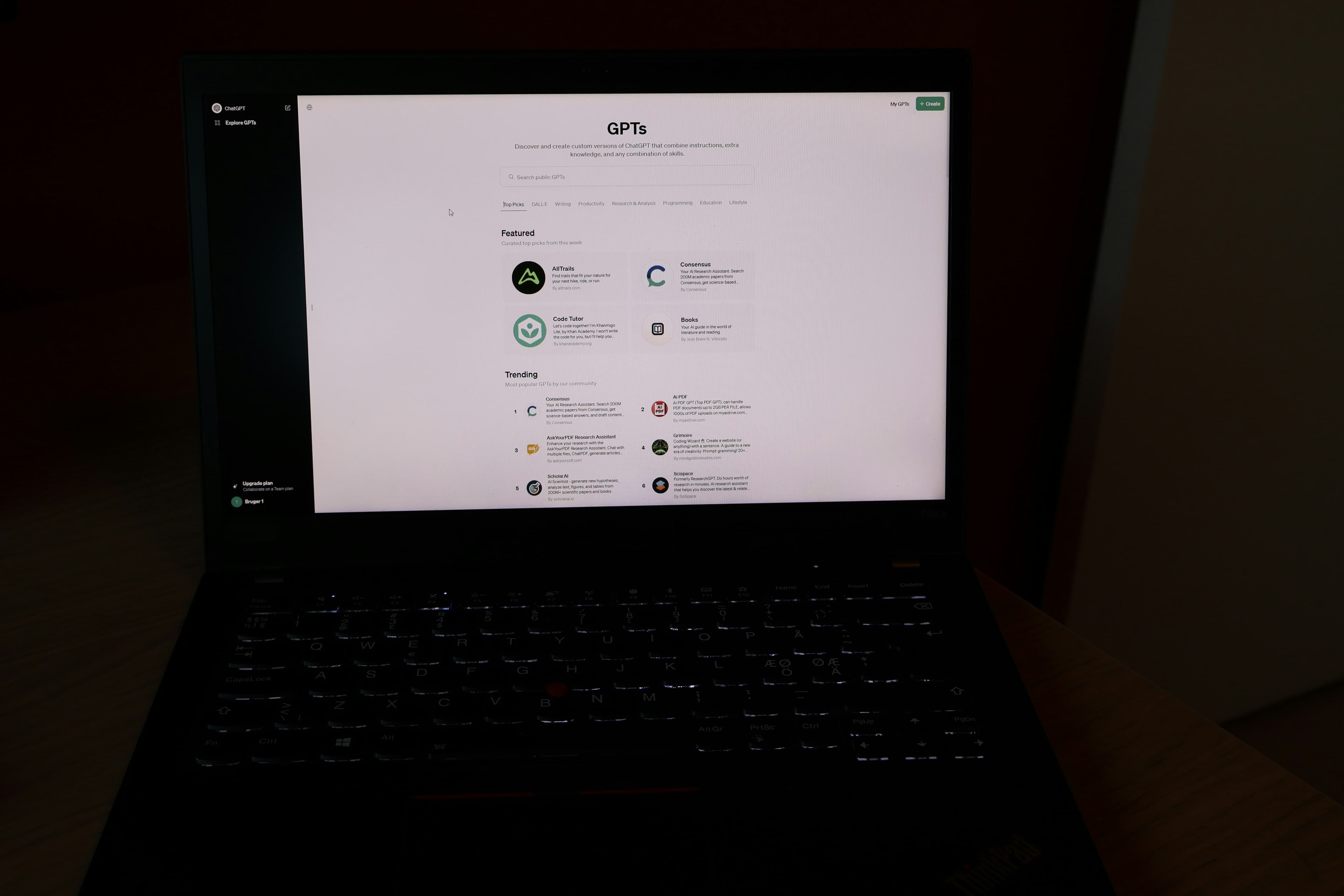OpenAI Signals GPT-5 Launch Could Come Within Weeks

The artificial intelligence race shows no signs of slowing down. Just days after OpenAI unveiled its ChatGPT Agent tool, industry insiders are buzzing about what could be the company's most significant release yet: GPT-5.
While CEO Sam Altman has been dropping hints about the next-generation model for months, recent reports suggest the wait may finally be coming to an end. Sources close to the company tell The Verge that GPT-5 could debut as early as August, marking what would be the most substantial upgrade to OpenAI's flagship technology since GPT-4's debut more than two years ago.
The timing, if accurate, would accelerate OpenAI's previously stated timeline. As with past launches, the company plans to release multiple variants of the model, including streamlined "mini" and "nano" versions that developers can access through application programming interfaces.
Disclosure: Ziff Davis, ZDNET's parent company, filed suit against OpenAI in April 2025, alleging copyright infringement in the training and operation of the company's AI systems.
A Release Schedule That Keeps Shifting
To understand why GPT-5 has generated such anticipation, it helps to trace OpenAI's recent trajectory. The company rode ChatGPT's viral success in late 2022 with GPT-3.5 powering the initial chatbot that captured public imagination. The March 2023 launch of GPT-4 represented a quantum leap in reasoning capabilities, followed by GPT-4o in March 2024, which brought enhanced performance and multimodal functionality.
But GPT-5's path to market has proven anything but straightforward. Earlier this year, Altman outlined an ambitious roadmap suggesting the model would arrive within "weeks or months." Those plans hit turbulence by April, when the CEO announced a strategic pivot that would prioritize releasing the o3 and o4-mini reasoning models first, pushing GPT-5's debut back several months.
According to Altman, the delay stemmed from significant technical challenges in integrating multiple complex systems into a single, cohesive model. It's a familiar refrain in the AI industry, where ambitious timelines often collide with engineering realities.
Bridging Two Worlds of AI
What makes GPT-5 particularly intriguing is its hybrid architecture. Unlike previous generations that focused on either speed or deep reasoning, GPT-5 aims to seamlessly combine both approaches. The system would theoretically know when to deploy quick-response capabilities for straightforward queries and when to engage more sophisticated reasoning for complex problems.
This represents a significant advance over current options, where users must manually choose between standard GPT models—fast but limited—and reasoning models like o3, which produce higher-quality responses at the cost of time and computational resources. Most users lack the technical knowledge to make optimal choices, often defaulting to whichever option seems most familiar.
The integration could solve a persistent user experience problem. Simple questions don't require intensive computational thinking, but complex analysis benefits enormously from the step-by-step reasoning that makes current advanced models both powerful and expensive. GPT-5's promise lies in making those decisions automatically, optimizing for the perfect balance of speed, cost, and accuracy.
Broader Access, Tiered Performance
OpenAI's pricing strategy for GPT-5 follows a familiar pattern of democratizing basic access while monetizing premium features. Free ChatGPT users would gain unlimited access to GPT-5 at standard intelligence levels—a significant upgrade from current limitations. Paid subscribers would unlock progressively more powerful versions, with Pro-tier customers accessing the model's full capabilities.
The release would also bundle ChatGPT's expanding feature set, including voice interactions, the Canvas collaborative workspace, web search functionality, and deep research tools. This consolidation reflects OpenAI's broader strategy of transforming from a single-purpose chatbot into a comprehensive AI assistant platform.
However, Altman has been careful to manage expectations. Last week, he reminded users that GPT-5 would launch in experimental form, incorporating novel research techniques that may not immediately deliver the polished experience users expect. Notably, it won't match the mathematical prowess of OpenAI's mysterious IMO gold medal-winning model, which remains under wraps with no announced release date.
Strategic Implications
The GPT-5 launch comes at a critical juncture for OpenAI and the broader AI industry. Competitors including Google, Anthropic, and Meta continue advancing their own large language models, while questions about AI safety, regulation, and economic impact intensify across Washington and Silicon Valley.
OpenAI has also signaled plans for its first open-source language model since GPT-2, though details remain scarce. Such a release would mark a significant strategic shift for a company that has increasingly embraced proprietary development as its models have grown more sophisticated and valuable.
For now, the AI community waits to see whether August will indeed bring GPT-5 to market—and whether it can deliver on the ambitious promises that have been building for months. In an industry where technical breakthroughs often fall short of marketing hype, OpenAI faces the challenge of proving that its next-generation model represents genuine progress rather than incremental improvement wrapped in compelling narratives.
The stakes couldn't be higher. As AI capabilities advance and public scrutiny intensifies, GPT-5 may well determine whether OpenAI maintains its technological edge or finds itself caught in an increasingly competitive field where innovation advantages prove frustratingly short-lived.








